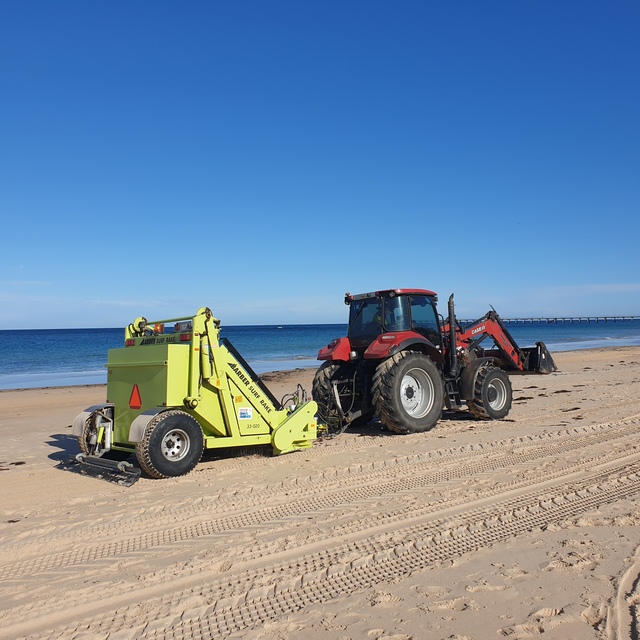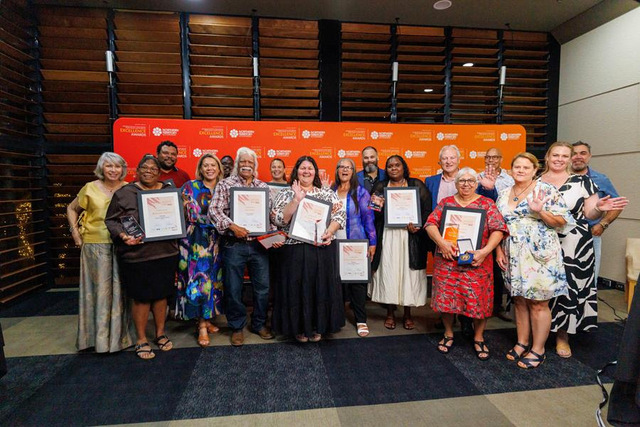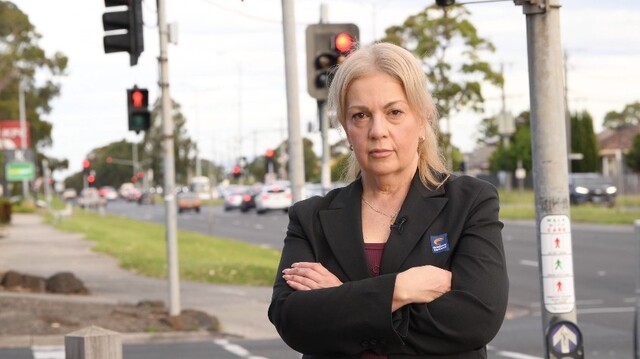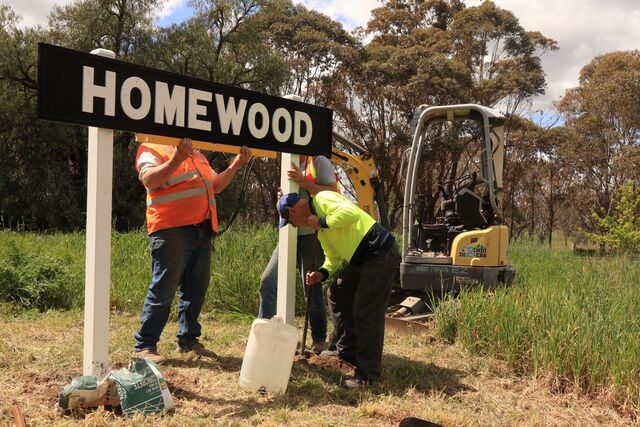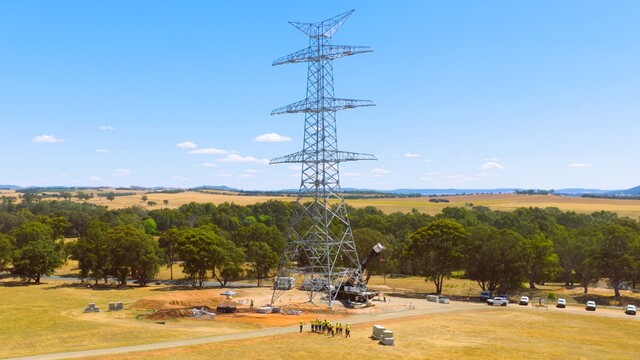Western Australia figures it’s being dudded on the distribution of the GST, and it certainly has a case. And given the frailty of the Turnbull Government’s electoral position, it has to address it as a matter of priority.
The problem stems from the WA share of the GST carve-up having fallen to 34 cents in the dollar, an unprecedented low. The Productivity Commission in its recent report argues that this ‘new low’ has been anticipated since 2011, and that a key reason has been the weakening of the mining boom combined with the lags involved in the equalisation process by which GST is divvied up between the States.
The Productivity Commission concluded that, while the carve-up between states and territories has broad support, it ‘now embodies an undeliverable ideal’ namely that states and territories are funded to ensure the ‘same standard’ of services and infrastructure across the country, benchmarked against the nation’s strongest economy.
The Commission has urged the Commonwealth to back off, possibly by benchmarking to the second strongest state. The Commission also notes that the system is beyond comprehension by the public, and poorly understood by most within the government. Having skim-read its draft report and the discussion on horizontal fiscal equalisation, I can vouch that it’s absolutely right!
The Commission provides various draft recommendations but the most telling is it “sees merit in re-examining the base and rate of the GST as part of broader tax reform”. Reading between the lines, it’s saying that if the Government wants to avoid increasing the overall tax burden, it should consider raising the GST while eliminating inefficient State taxes, including stamp duties and insurance taxes.
The problem for PM Turnbull is that he must do something about WA’s position within the next 18 months, otherwise three marginal federal WA seats – Swan, Hasluck and Pearce – could reasonably be expected to fall to Labor. But he’s previously ruled out an increase in the GST, and the wider issue of tax reform has continually been put in the ‘too hard’ basket. My gut feel is that isn’t going to change, and to appease WA in the meantime, Turnbull will announce a one-off payment of some billions to WA, and move on to addressing other pressing issues.
Kamikaze trucks
There has been a spate of fatal truck crashes on the Hume Highway recently. Mostly caused by speeding or negligent truck drivers. So I was not surprised that when driving to Sydney last week, I was passed by a truck doing 120km/h in full view of a police pursuit vehicle. Despite the NSW road rules clearly stating that the speed limit for trucks over 4.5 tonnes is 100km/h, the truck thundered on unhindered.
So what in hell is going on? Are truckies are inherently a bad, aggressive bunch who flout laws because they can? Or aren’t police officers aware of the absolute 100km/h speed limit for trucks? Or do they turn a blind eye? It’s probably a bit of all three.
The problem is that speeding trucks are lethal weapons – while truck drivers often survive crashes, those in the cars they hit invariably do not.
A European study estimates that a speed reduction for trucks from 112 to 97 km/h results in a 44 per cent reduction of the number of fatalities and a 35 per cent reduction in severe injuries (den Boer Femke & Brouwer, 2010). Perhaps a similar level of road traumas could be avoided here if only we could generate some attitudinal change.
I’m going to quiz Police Ministers about this whole issue, via correspondence and the press. Please drop me a line if you have examples or data that I can draw on.
Success fees for consultants
Every month I receive requests for advice on how to access federal and state grants for industry and regional development. Some have intuitive worth, some are dubious – but most are worthy of investigation. The problem is two-fold. First, local councils, especially those in the Bush, are cash-strapped. Second, the feds and states rarely have any funds set aside for scoping studies, feasibility studies, grant submissions, etc.
As a result, an increasing number of consultants, including myself, are offering to do work on a success fee basis. However, watertight contracts need to be struck and agreeable councillors and council CEOs need to be found. There also has to be a sense of integrity hanging over the whole arrangement.
A fascinating example was recently explained to me by one of my colleagues here in Canberra. It involved a consultant preparing a R&D grant submission on a success fee basis for a company within the orbit of a VERY rich Australian businessman. These submissions can be very time-consuming, and they often get knocked back pending further information. Well on this occasion it was indeed knocked back, but with the offer of re-consideration pending the supply of additional information. This information was then supplied by the company.
The grant was duly signed off by the Department, and the consultant submitted an invoice for the contracted success fee. However the billionaire businessman put a fatherly hand on the consultant’s shoulder and said he hadn’t fully delivered. The consultant was understandably ropeable but had to back off because the cost of legal proceedings against the company was going to be prohibitive. The businessman was surely a follower of the Larry Hagman advice that “once you get rid of integrity the rest is a piece of cake”.
Rod Brown is a Canberra-based consultant and lobbyist specialising in industry/regional development, investment attraction and clusters, and accessing federal grants. He also runs the Cockatoo Network.
Phone: (02) 6231 7261 or 0412 922 559
Email: apdcockatoo@iprimus.com.au
Website: www.cockatooconsulting.com.au


